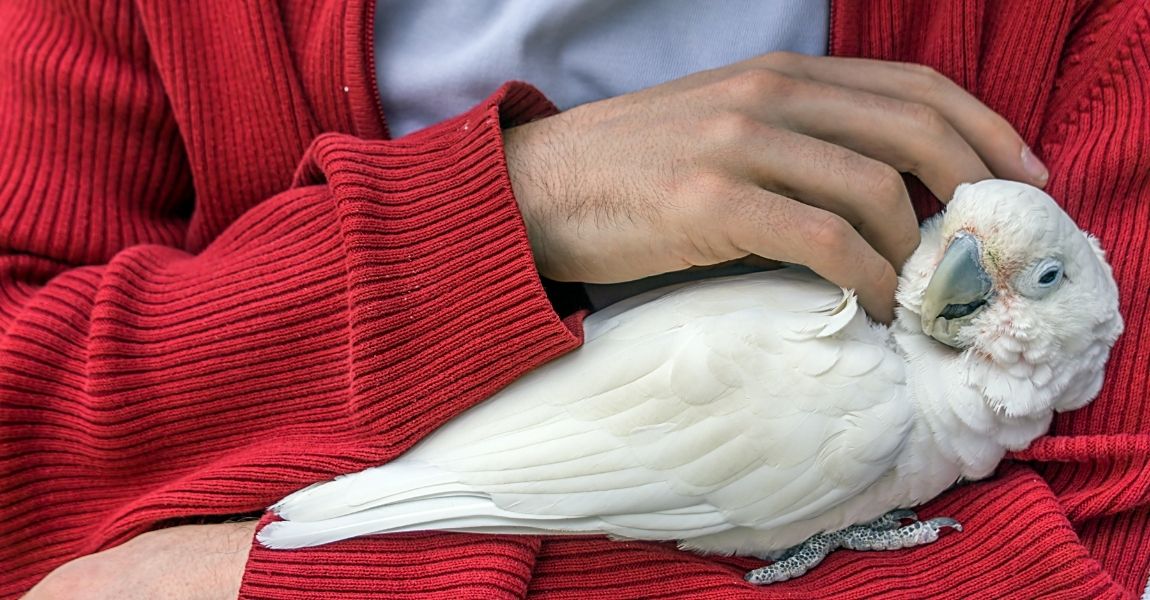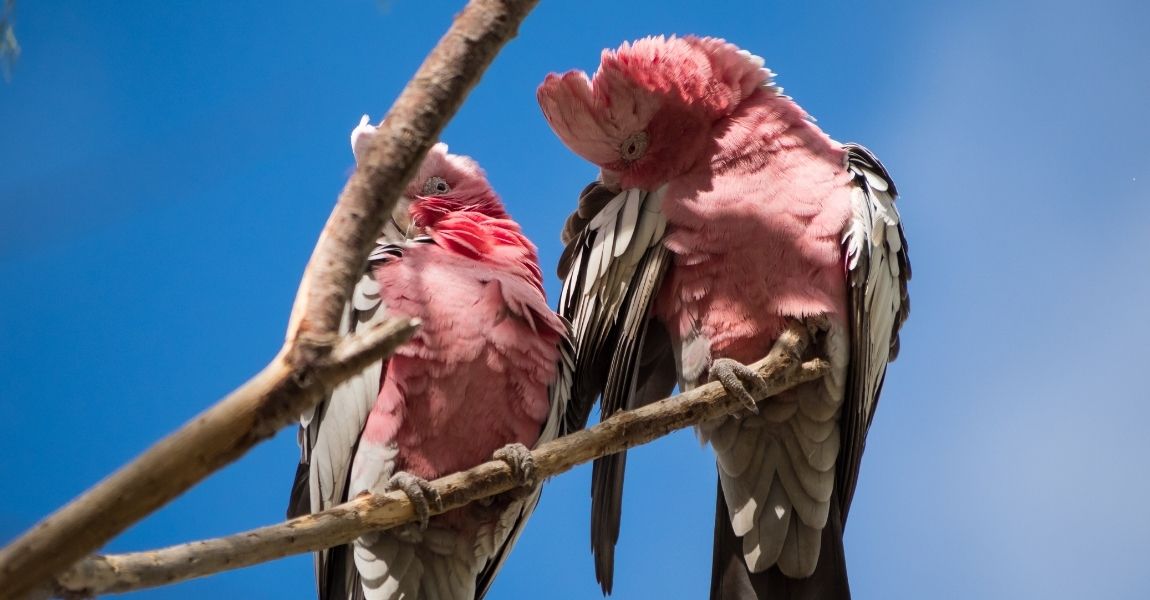Introduction:
Cockatoo parrots are charismatic and intelligent birds that make wonderful pets for the right owners. However, before bringing a cockatoo parrot into your home, it's important to consider various factors to ensure that you can provide the necessary care and meet their specific needs. In this article, we will discuss the key considerations before adopting a cockatoo parrot as a pet.
Lifespan and Commitment:
Cockatoo parrots have long lifespans and can live for several decades. Before adopting a cockatoo parrot, be prepared for a long-term commitment. Ensure that you can provide care, love, and attention throughout their lifespan.
Space and Enclosure Requirements:
Cockatoo parrots are active birds that require ample space to move and exercise. Consider if you have enough space in your home for a large birdcage or aviary. The enclosure should allow for unrestricted movement, have sturdy perches, and be free from any toxic materials.
Socialization and Interaction:
Cockatoo parrots are highly social birds that thrive on social interaction and mental stimulation. They require regular socialization with their human caretakers to maintain a strong bond. Consider if you can dedicate several hours each day to interact, play, and provide companionship to your parrot.
Noise Level and Vocalization:
Cockatoo parrots are known for their vocalizations, which can be loud and piercing. Determine if you can tolerate and manage the noise level in your home, considering your living situation and neighbors. Adequate noise control measures may be necessary to maintain a harmonious environment.
Dietary Requirements:
Proper nutrition is vital for the health and well-being of your cockatoo parrot. Their diet should consist of a variety of fresh fruits, vegetables, high-quality pellets, and occasional treats. Consider if you can provide a well-balanced diet and afford the ongoing cost of quality food.
Veterinary Care and Expenses:
Like all pets, cockatoo parrots require regular veterinary check-ups and care. Find an avian veterinarian experienced in treating parrots and budget for routine exams, vaccinations, and potential medical emergencies. Understand that avian veterinary care can be more expensive than for other pets.
Challenging Behaviors and Training:
Cockatoo parrots can exhibit challenging behaviors such as screaming, chewing, and aggression if not properly trained and stimulated. Evaluate if you have the time, patience, and commitment to provide training, mental enrichment, and behavioral guidance to address any potential issues.
Lifelong Learning and Enrichment:
Cockatoo parrots are intelligent creatures that thrive on mental stimulation and learning. Consider if you can provide a stimulating environment with toys, puzzles, and interactive activities to keep your parrot mentally engaged and prevent boredom.
Allergies and Sensitivities:
Some people may be allergic to feathers or have sensitivities to bird dander. Ensure that no family members or frequent visitors have allergies that could be triggered by a cockatoo parrot in the household.
Legal Considerations:
Check your local regulations regarding owning cockatoo parrots as pets. Some jurisdictions have specific rules and permits for keeping exotic birds. Ensure that you comply with all legal requirements.
Conclusion:
Adopting a cockatoo parrot is a significant decision that requires careful consideration. Ensure you have the time, resources, and commitment to meet their physical, social, and emotional needs. By thoroughly evaluating these considerations, you can provide a loving and fulfilling life for your feathered companion, fostering a strong bond and a joyful relationship for many years to come.





